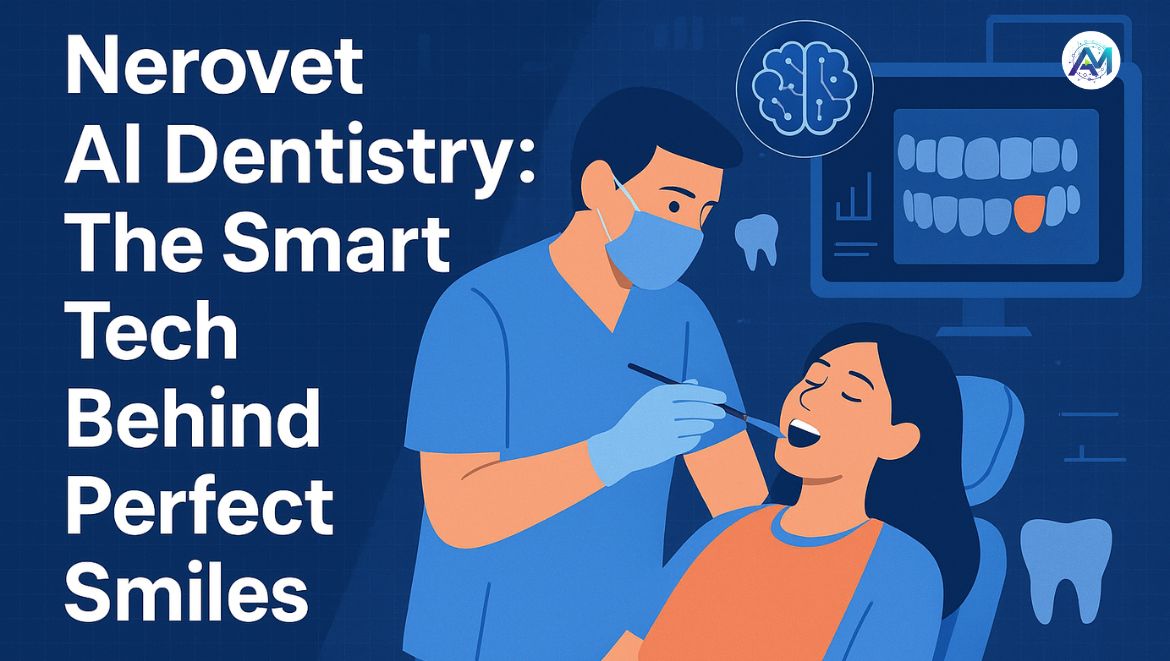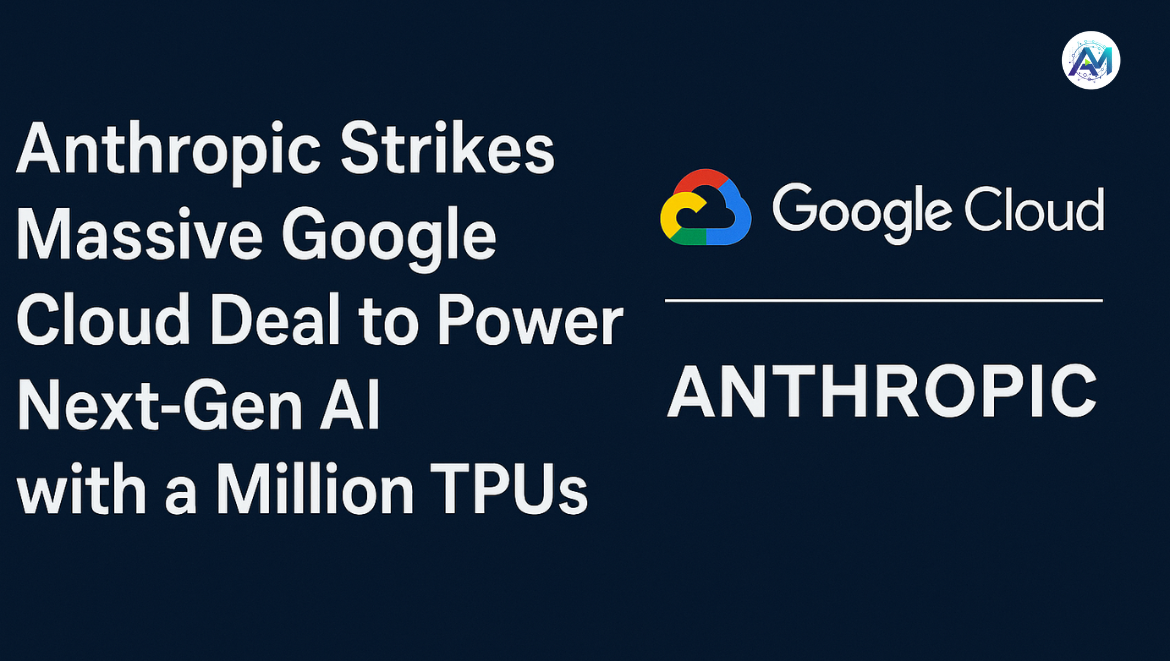Ever wished your dentist could spot a cavity before it even hurt? Or that your treatment plan felt a little more “you”? Well, welcome to the era of Nerovet AI Dentistry — where precision meets personalization, and artificial intelligence is reshaping what it means to smile with confidence.
What Is Nerovet AI Dentistry and Why It Matters
Let’s start with the basics. Nerovet AI Dentistry refers to the use of advanced artificial intelligence systems developed by Nerovet, an emerging dental-tech company pioneering smart diagnostic and predictive tools for oral health.
Think of it as the next generation of dentistry — one where algorithms analyze X-rays, detect potential issues, and even assist in planning root canals before human error can creep in.
But here’s the real kicker: Nerovet doesn’t aim to replace dentists. It’s built to enhance them. The system acts like a digital assistant that studies thousands of dental images, patient histories, and real-time feedback, then guides practitioners with near-instant insights.
That’s why clinics using Nerovet report faster diagnosis times, improved accuracy, and — yes — happier patients.
From X-Rays to Algorithms: How the Technology Works
So how does Nerovet’s AI actually think?
The platform combines machine learning, computer vision, and predictive analytics. When a dental image (like an X-ray or 3D scan) is uploaded, the AI instantly compares it with millions of historical patterns. It flags hidden decay, root fractures, or gum irregularities — often with accuracy levels surpassing traditional manual review.
Here’s a simplified version of its workflow:
-
Data Input: The dentist uploads scans or intraoral images.
-
AI Analysis: Nerovet’s model detects anomalies — cavities, bone loss, infection zones — within seconds.
-
Predictive Insight: The AI predicts how a condition might evolve if left untreated.
-
Feedback Loop: Results and patient feedback are re-fed into the system to improve its next prediction.
This continuous learning cycle makes Nerovet smarter over time — like a dentist that never forgets a single case.
Real-World Applications: What Dentists and Patients Are Actually Doing
It’s not just a tech demo — Nerovet AI is already transforming clinics worldwide.
Imagine this: a patient comes in complaining of mild tooth sensitivity. The dentist takes a digital scan and runs it through Nerovet’s system. In seconds, the AI identifies micro-decay forming beneath a filling — something that might have taken months to notice otherwise.
Or consider root canal planning — one of the trickiest procedures in dentistry. Nerovet’s algorithms map out canal pathways and nerve structures, giving dentists a 3D visualization that drastically reduces errors.
Even patient follow-ups are changing. The AI can analyze post-treatment feedback, tracking healing progress and alerting dentists if outcomes deviate from expected recovery patterns.
“AI doesn’t take the chair — it just sits beside it,” as one London-based dentist described using Nerovet AI during a clinical pilot in 2025.
The Benefits of Nerovet AI Dentistry
Alright, here’s what really makes people (and professionals) excited:
1. Accuracy That Outperforms Human Eyes
AI systems like Nerovet can analyze dental scans pixel by pixel, detecting early-stage problems invisible to the naked eye. Studies suggest diagnostic precision can improve by up to 30–40% when AI assists human review.
2. Faster, Stress-Free Appointments
Nobody likes long dental sessions. Nerovet’s automation speeds up image analysis, letting patients get clear results and treatment options in minutes rather than days.
3. Personalized Care Plans
By analyzing a patient’s dental history and risk profile, Nerovet tailors prevention strategies — from fluoride routines to diet adjustments — that actually fit individual lifestyles.
4. Better Communication & Trust
AI-generated visuals help patients see exactly what’s wrong and why a treatment is necessary. That transparency builds confidence — no more guessing what the dentist means by “watching that molar.”
5. Reduced Workload for Dentists
Administrative tasks and image documentation are largely automated, allowing dentists to focus on what they do best: treating patients.
Challenges & Ethical Considerations You Should Know
Now, before we crown AI as the superhero of dentistry, there are caveats worth discussing.
Data Privacy
Dental imaging data is sensitive. Storing and analyzing it on cloud platforms raises questions about HIPAA compliance, patient consent, and cybersecurity. Nerovet claims to use encrypted protocols, but ongoing audits are crucial.
Cost & Accessibility
High-tech equipment isn’t cheap. Many small clinics may hesitate to adopt AI systems due to cost barriers — at least until more affordable plans roll out.
Over-Reliance on Technology
AI is a tool, not a replacement for clinical judgment. If dentists depend solely on algorithms, they risk missing context that only human experience can provide.
The “Human Touch” Factor
Dentistry isn’t just science — it’s comfort, empathy, reassurance. AI can analyze, but it can’t hold your hand during a root canal. That’s why the best results come from a human-AI partnership, not competition.
The Business Behind the Tech – Who’s Behind Nerovet?
While details remain limited, Nerovet AI Dentistry Company is reportedly part of a growing ecosystem of startups focused on AI-powered healthcare diagnostics.
The company’s approach appears rooted in multi-modal data training, allowing its algorithms to learn from diverse datasets — X-rays, 3D imaging, voice-noted patient histories, and feedback reports.
This strategy puts Nerovet in competition with other AI dental firms like DentalX and VideaHealth, but its emphasis on “human-in-the-loop” design makes it stand out. Essentially, dentists validate each AI recommendation, strengthening both clinical reliability and model accuracy.
According to reports on sites like Dot Magazine and Dual Media, Nerovet has started expanding across the UK, US, and Asia, with 2025 slated as its biggest rollout year yet.
What’s Coming Next – The Future of AI in Dentistry with Nerovet
Here’s where things get futuristic.
By 2026, AI-enhanced tele-dentistry could let patients upload smartphone dental scans for remote analysis. Nerovet’s platform is also testing robotic dental assistants that help automate polishing, scanning, or anesthesia preparation.
The bigger vision? Fully personalized “digital twins” of your mouth — virtual models that predict future issues before they occur. Imagine your dentist saying, “Your molar might crack next winter,” based on AI-forecasted stress points. Wild, right?
Analysts expect AI adoption in dentistry to grow over 35% year-on-year through 2030, as patients demand precision and clinics chase efficiency.
Should You Ask Your Dentist About Nerovet AI?
Absolutely — but here’s what to keep in mind.
When choosing a dental clinic that uses AI technology like Nerovet, ask:
-
How does the AI assist in diagnostics?
-
Are results verified by a licensed dentist?
-
What data protections are in place?
-
Do patients get to see the AI-generated results?
If your dentist can answer confidently, it’s a good sign they’re using AI responsibly.
Even if your clinic doesn’t have Nerovet yet, expect that to change. Many regional dental associations are already exploring integration grants and training programs.
FAQs
Q1. What exactly does Nerovet AI Dentistry do?
It uses AI to analyze dental images, detect issues early, and assist in treatment planning — improving accuracy and efficiency for both dentists and patients.
Q2. Is Nerovet AI safe for dental patients?
Yes. The system only aids in analysis; licensed dentists make all clinical decisions. Patient data is anonymized and encrypted.
Q3. Will Nerovet AI Dentistry replace human dentists?
No. It’s a tool that supports dentists, not a substitute. The human element remains essential for interpretation, empathy, and treatment execution.
Q4. How much does a dental clinic need to pay to use Nerovet AI?
Exact pricing isn’t public, but reports suggest subscription-based models — likely tiered by scan volume and clinic size.
Q5. Can patients benefit from Nerovet AI even if their clinic doesn’t use it?
Indirectly, yes. As AI dentistry grows, diagnostic standards improve globally, raising the bar for care everywhere.
Q6. When will AI dentistry become common?
By 2027–2028, experts predict that over half of mid-to-large dental practices will use AI in some form — from diagnostics to patient engagement.
Conclusion: Smarter Smiles Ahead
The rise of Nerovet AI Dentistry isn’t about replacing your dentist — it’s about giving them superpowers. By combining human intuition with machine precision, we’re stepping into an age where dental care becomes faster, safer, and more personalized than ever before.
So next time you’re in that chair and your dentist pulls up an AI-enhanced scan, remember: it’s not science fiction anymore. It’s the new normal — and your smile just got smarter.
Visit: AIMetrix



